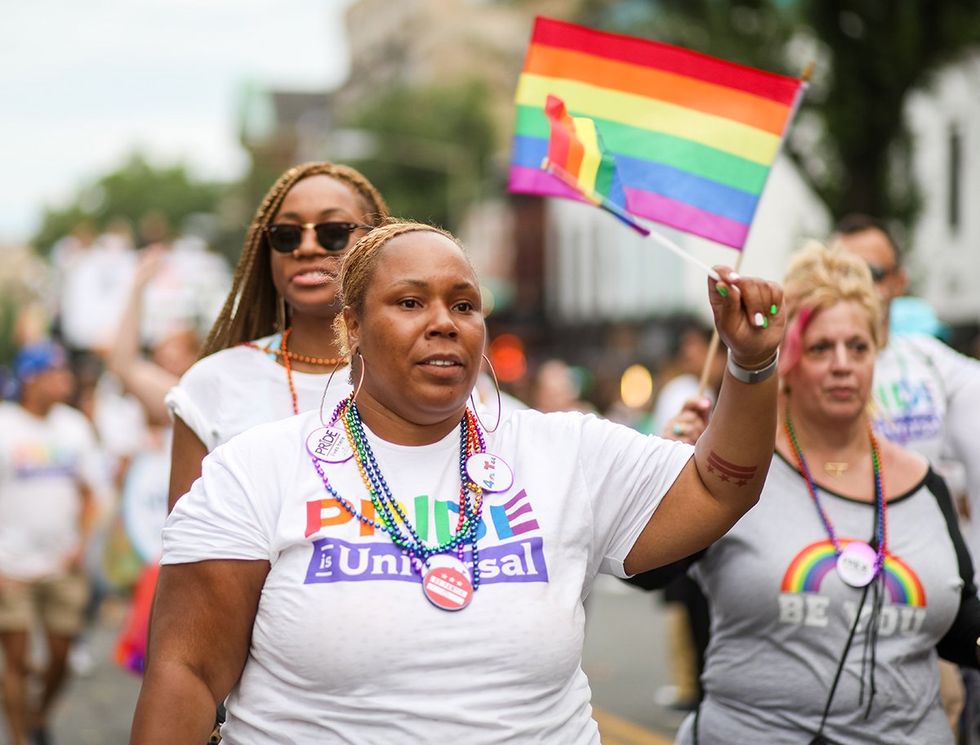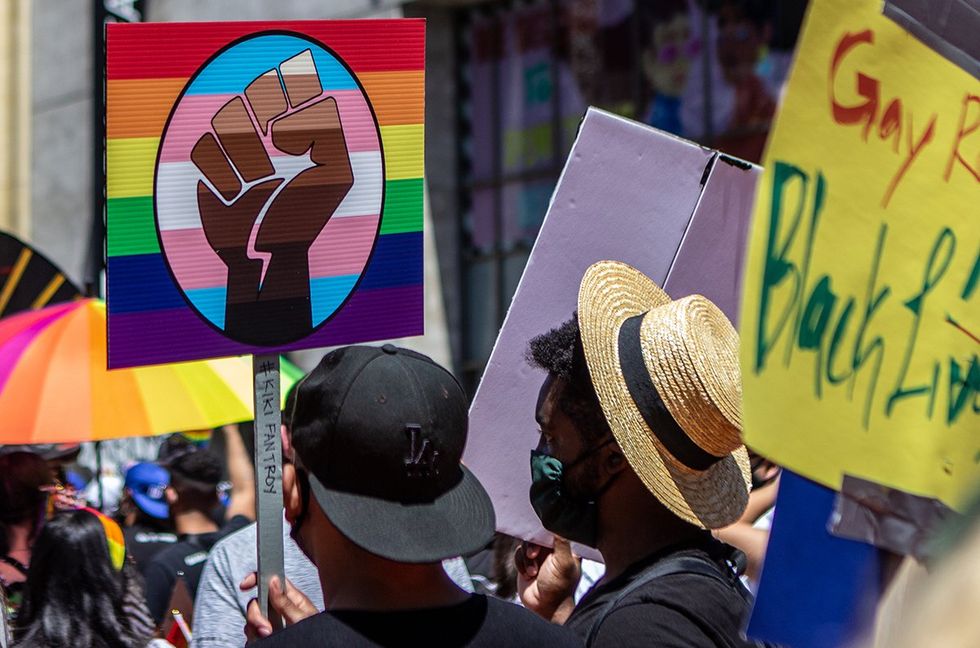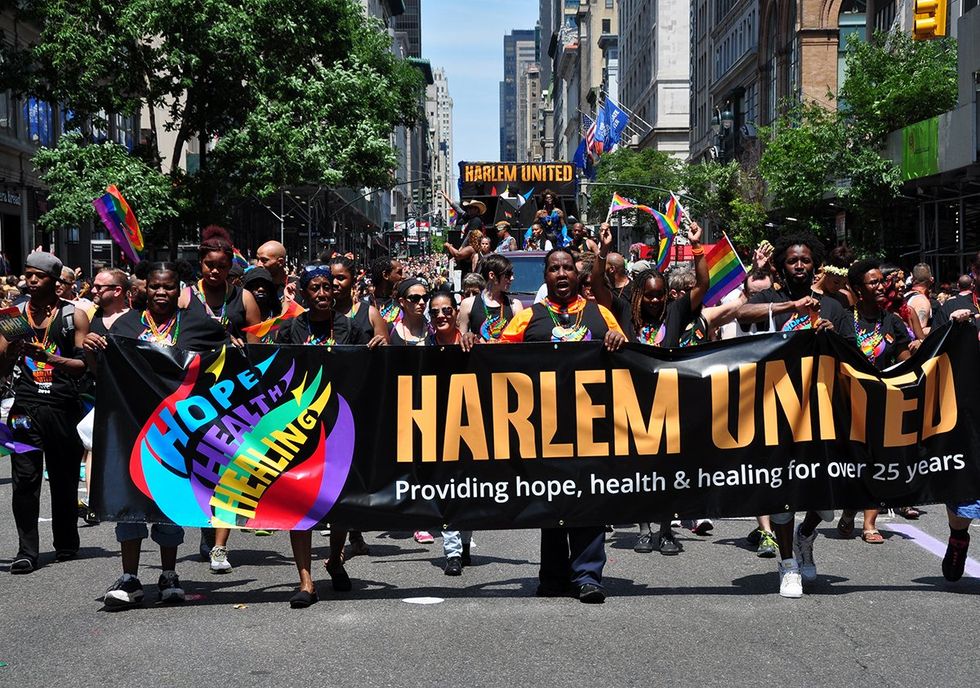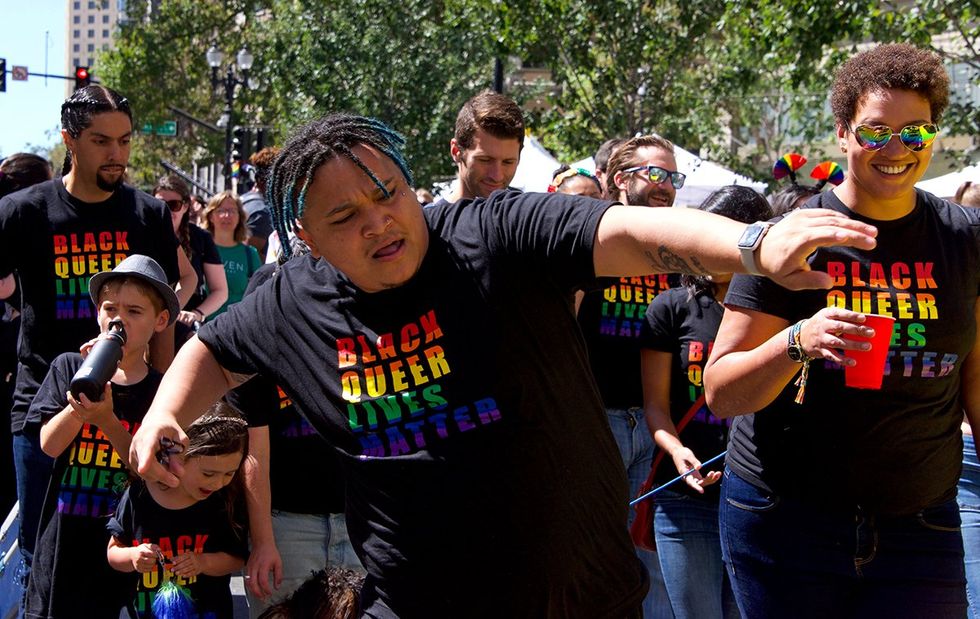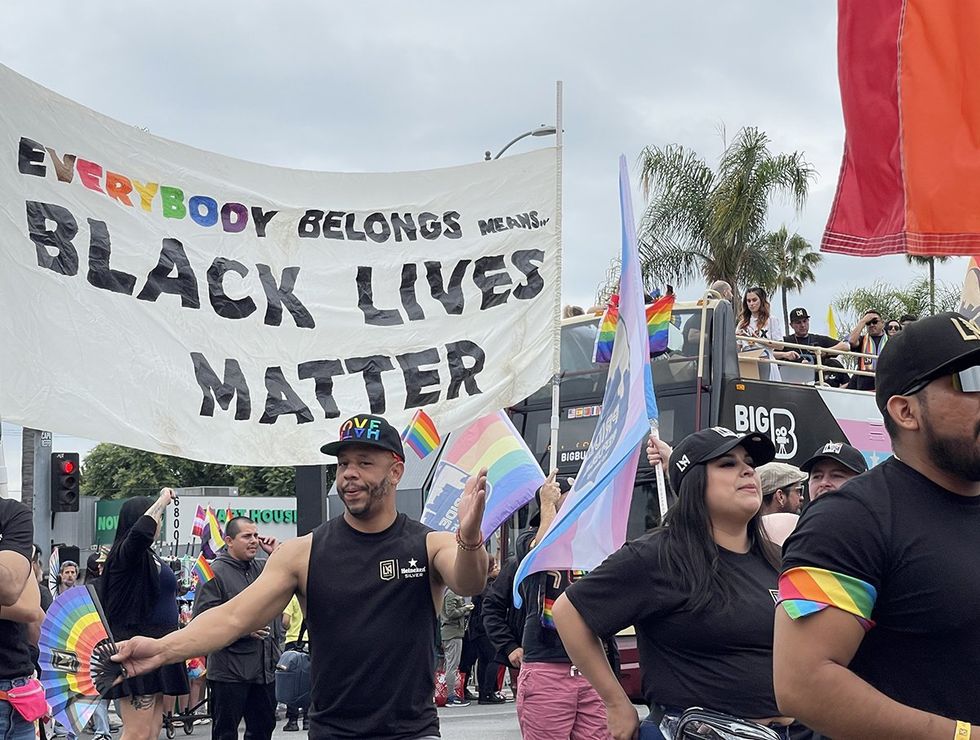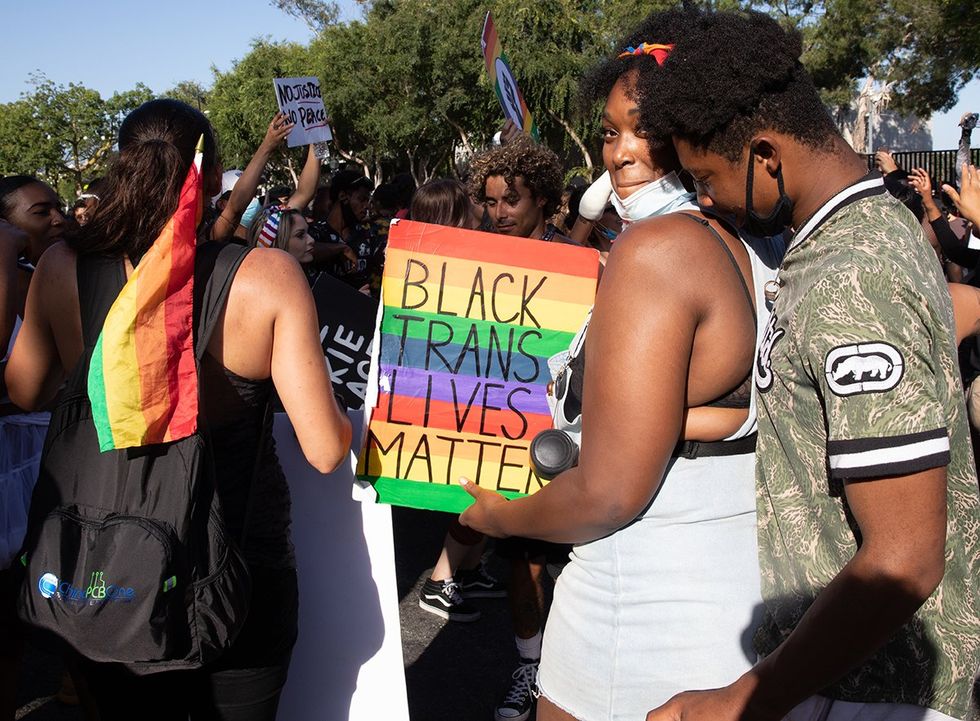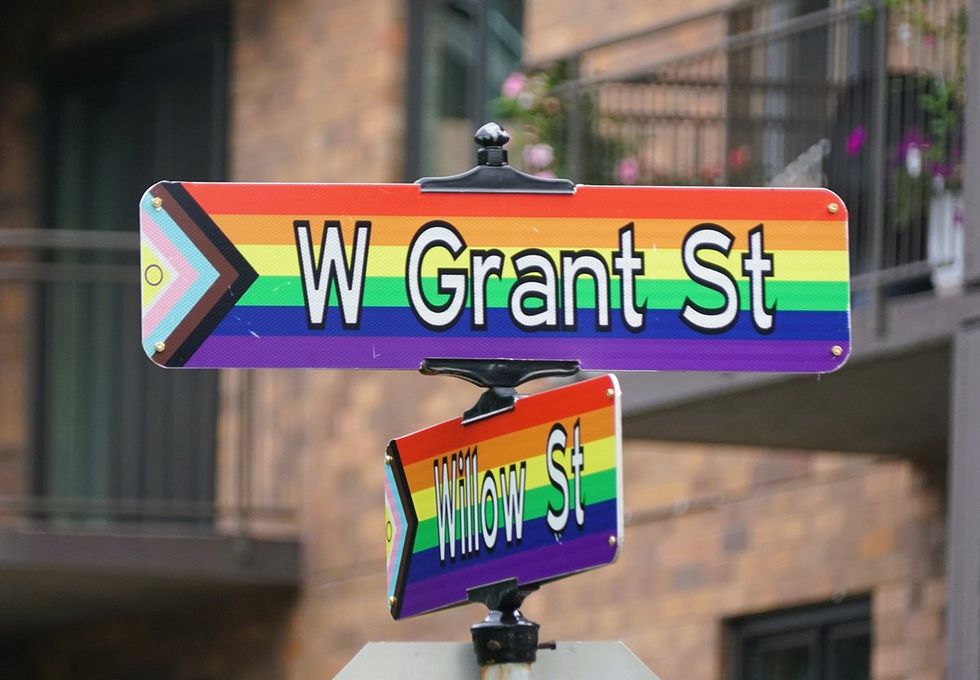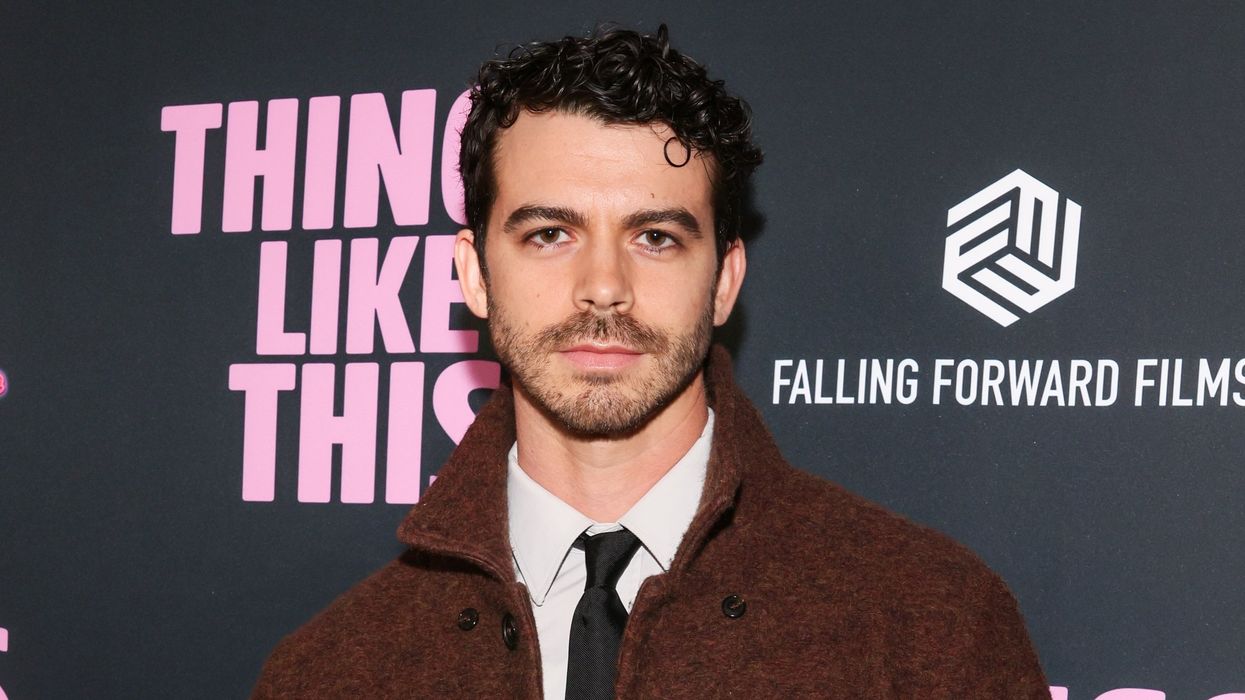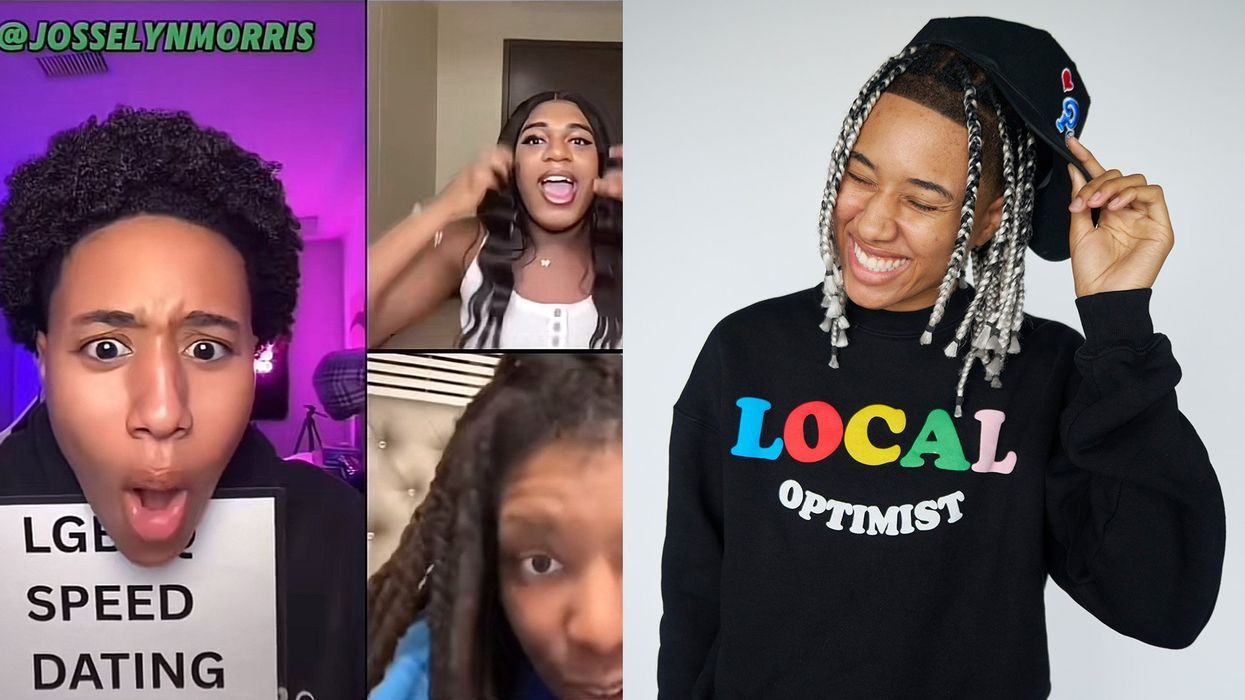Rates of drug and alcohol abuse for bisexual, gay, and transgender individuals are significantly higher than the rest of the population. Odds are you have a friend, partner, or family member who is part of the LGBT community and struggles with alcohol or drug addiction.
Support, showing your love, and telling them how much you care about them are important. Sometimes, it’s helpful to take specific actions to help someone who struggles with addiction.
Everyone is different and the best thing you can do is to ask them what type of support they need. If they’re unsure, here’s a good place to start.
1. If you used together in the past, don't reminisce about times you were high or drunk together.
The last thing you want to do is remind someone how much fun you had with her when you were using together.
2. Organize sober activities.
Some addicts, especially those who used in social settings, might not know how to have sober fun. Coming up with ideas (and then doing them) is one of the best things you can do to support someone’s sobriety. On a similar note, if they have something sober they want to do, definitely do it with them.
3. Don't freak out if they're offered alcohol.
Having a look of panic if they’re offered alcohol is insulting and embarrassing. Start panicking only if they accept the drink.
4. Be mindful of the time they’ve had sober.
If you’re going out to a party and your friend who’s only been sober a few days insists he’s okay to go and not drink, he may be in denial. He may not want to leave his old life behind. Similarly, if he’s been sober for some time, and you’re going somewhere with booze and drugs, ask once. If he says it’s okay, trust him.
5. Let them know they're being fun.
Often people use alcohol or drugs to deal with social anxiety. Without it, they can feel boring, shy, and not themselves. When socializing, let them know they’re killing it when they’re sober.
6. Don't push it if someone doesn’t want to drink.
Peer pressure wasn't cool in middle school. It still isn't cool now. You never know who may be in recovery. Don’t be the jerk who makes a guy feel uncomfortable for not drinking.
7. Ask them what's the appropriate amount to inquire about their recovery.
If you have a friend in AA, he might respond to “Hey, sounds like you’re feeling a little down. Do you want to head to a meeting?” with “Yeah. A meeting would actually be good now. I’ll head to one tonight,” or “Go screw yourself.” Knowing which questions would be helpful or hurtful is crucial.
8. Don’t tell crazy drug stories.
Don’t share any stories that start with, “Oh my god, this one time we were so messed up...”
9. Accept you have a certain degree of powerlessness.
That doesn't mean don't help. That doesn’t mean they’re a lost cause. It's not your addiction.
10. Don't police their activity.
If you do police them, they might start ignoring you. If you push too hard, they might pull away.
11. Don't be awkward when people say they're in an anonymous program.
You offer her a drink. She says she can’t because she’s in AA. Instead of awkwardly replying, “I’m so sorry,” say, “That's awesome. Good for you.” If she’s offering that information willingly, it means she’s proud of her program. As she should be. Support her.
12. Consider attending Al-anon meetings.
If it’s a close friend or partner, consider attending al-anon meetings. They’re gatherings for friends, partners, and family members who know someone who struggles with addiction.
13. If they're in the appropriate state of recovery, you can keep it lighthearted.
Again, this is dependent on the person, not everything needs to be serious, especially if they’re in a stable state of recovery.
14. Celebrate anniversaries.
Celebrate anniversaries. Doesn't matter how long. It can be a month, a year, or ten years of sobriety. Celebrating anniversaries is a great way to show them that you realize how hard they’re working, and you’re proud of them.















































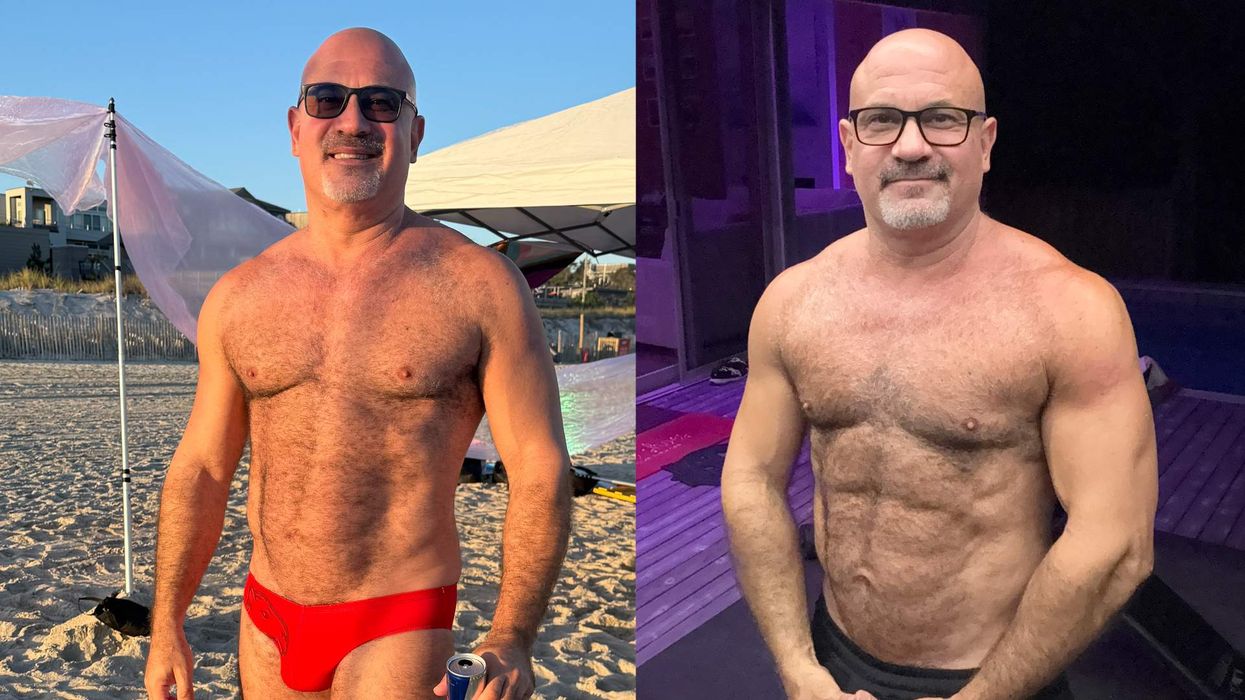


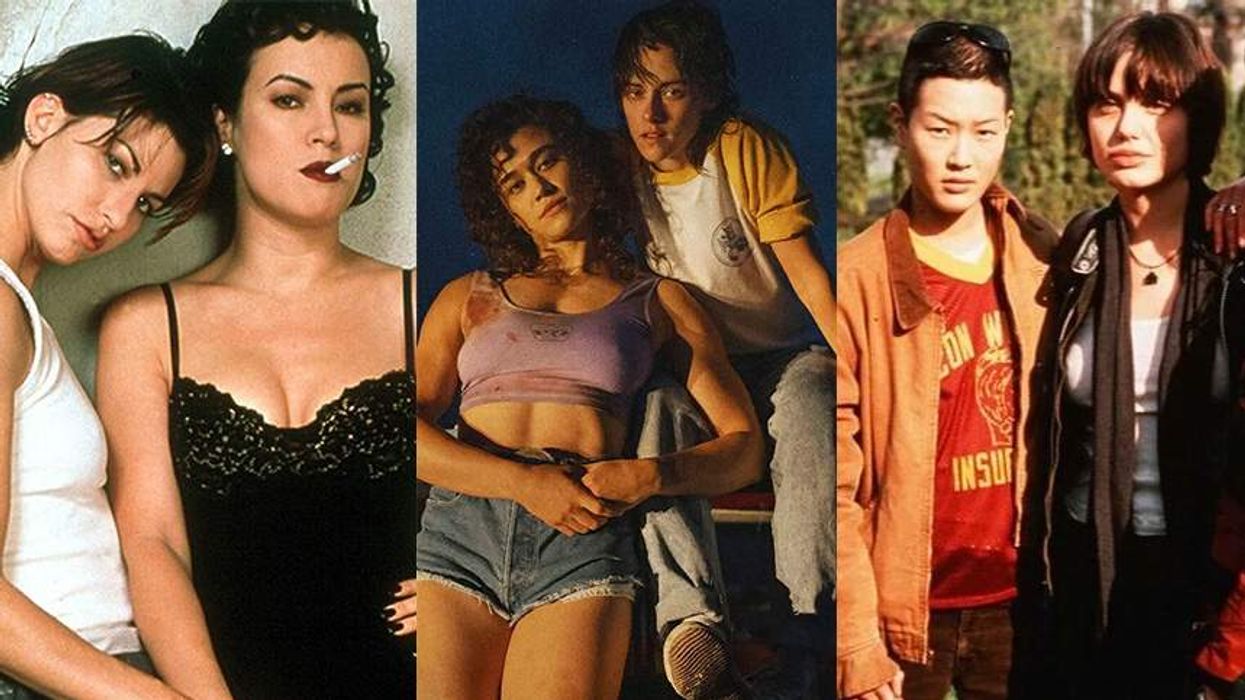
 Sapphic outlaw moviesNew Line Cinema; A24; Samuel Goldwyn Company
Sapphic outlaw moviesNew Line Cinema; A24; Samuel Goldwyn Company
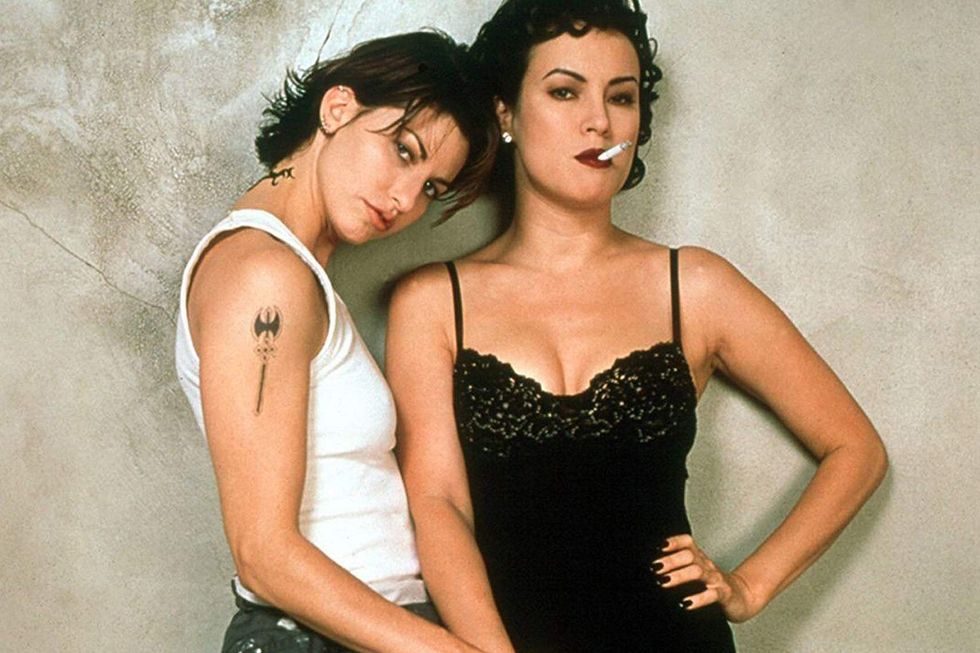



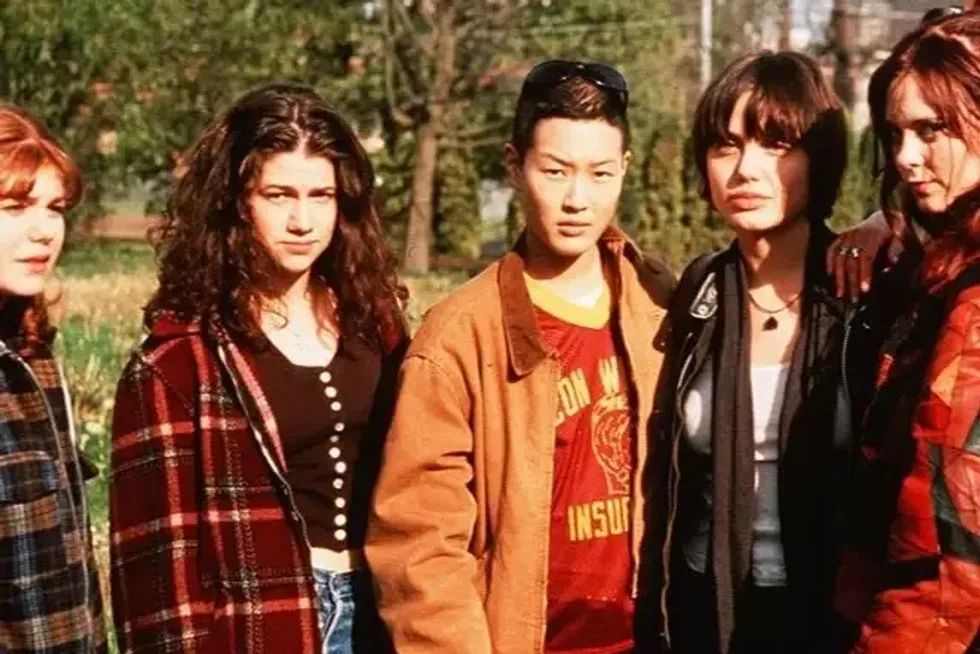

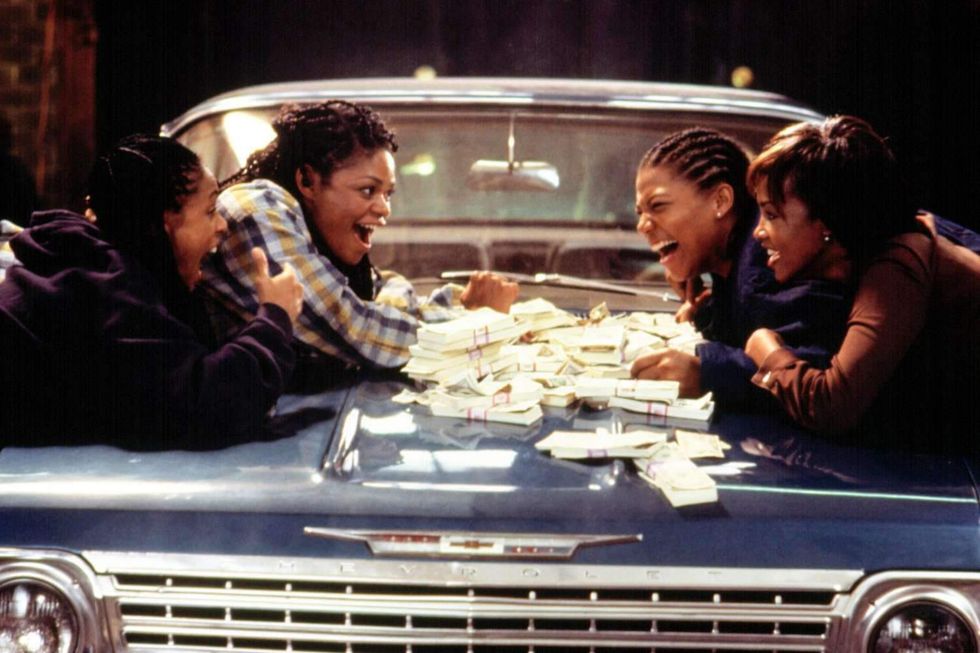












 35 bisexual pop anthems we have on constant repeatYouTube.com/Binoy
35 bisexual pop anthems we have on constant repeatYouTube.com/Binoy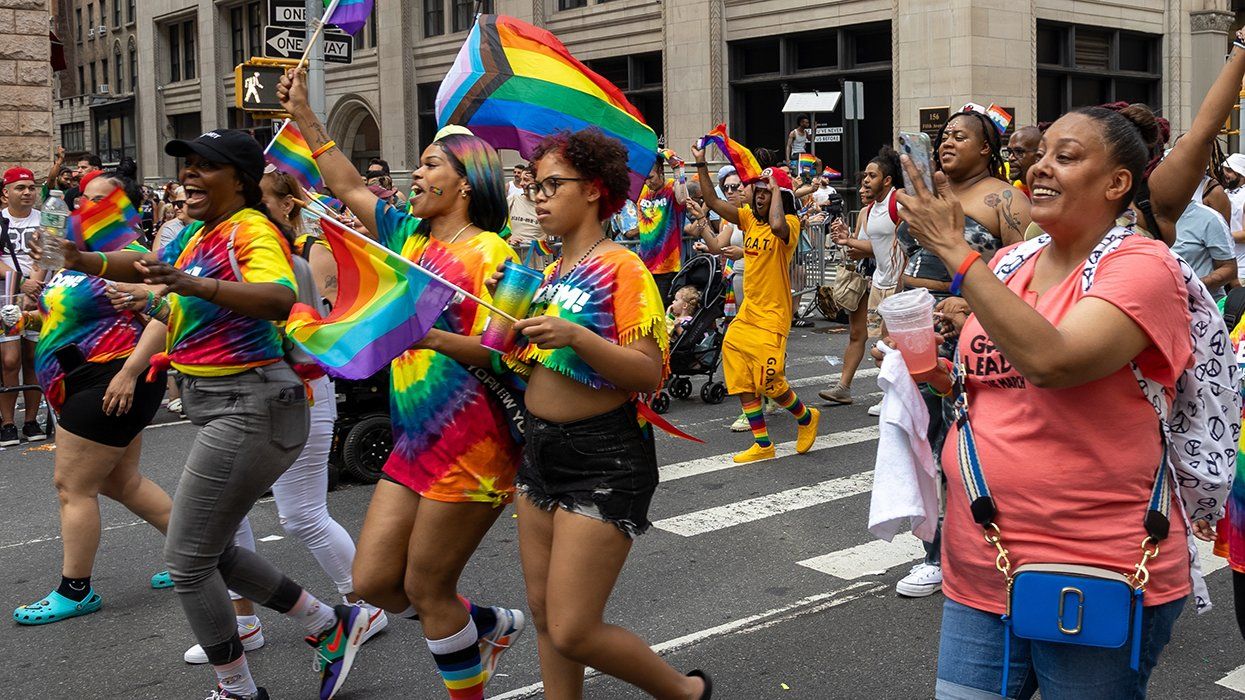
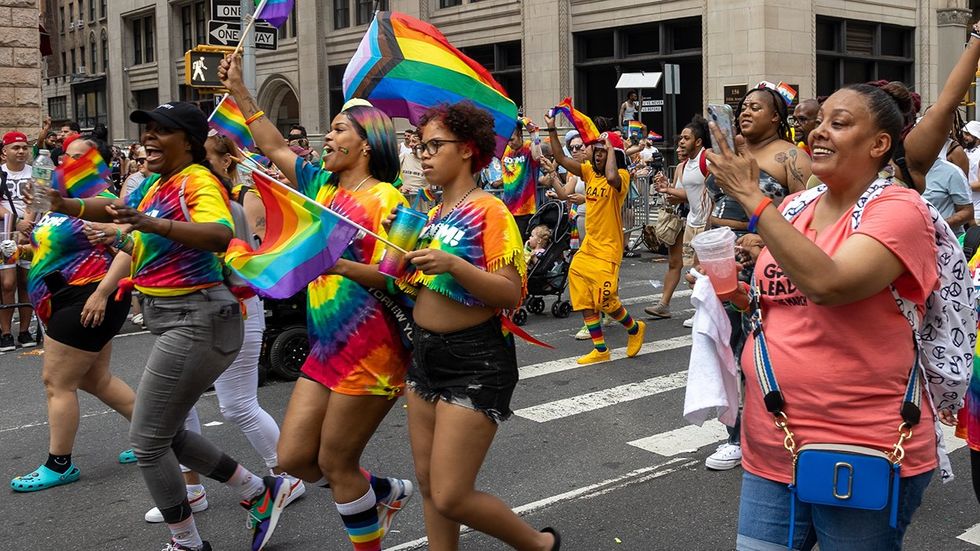 Kirkam/Shutterstock
Kirkam/Shutterstock